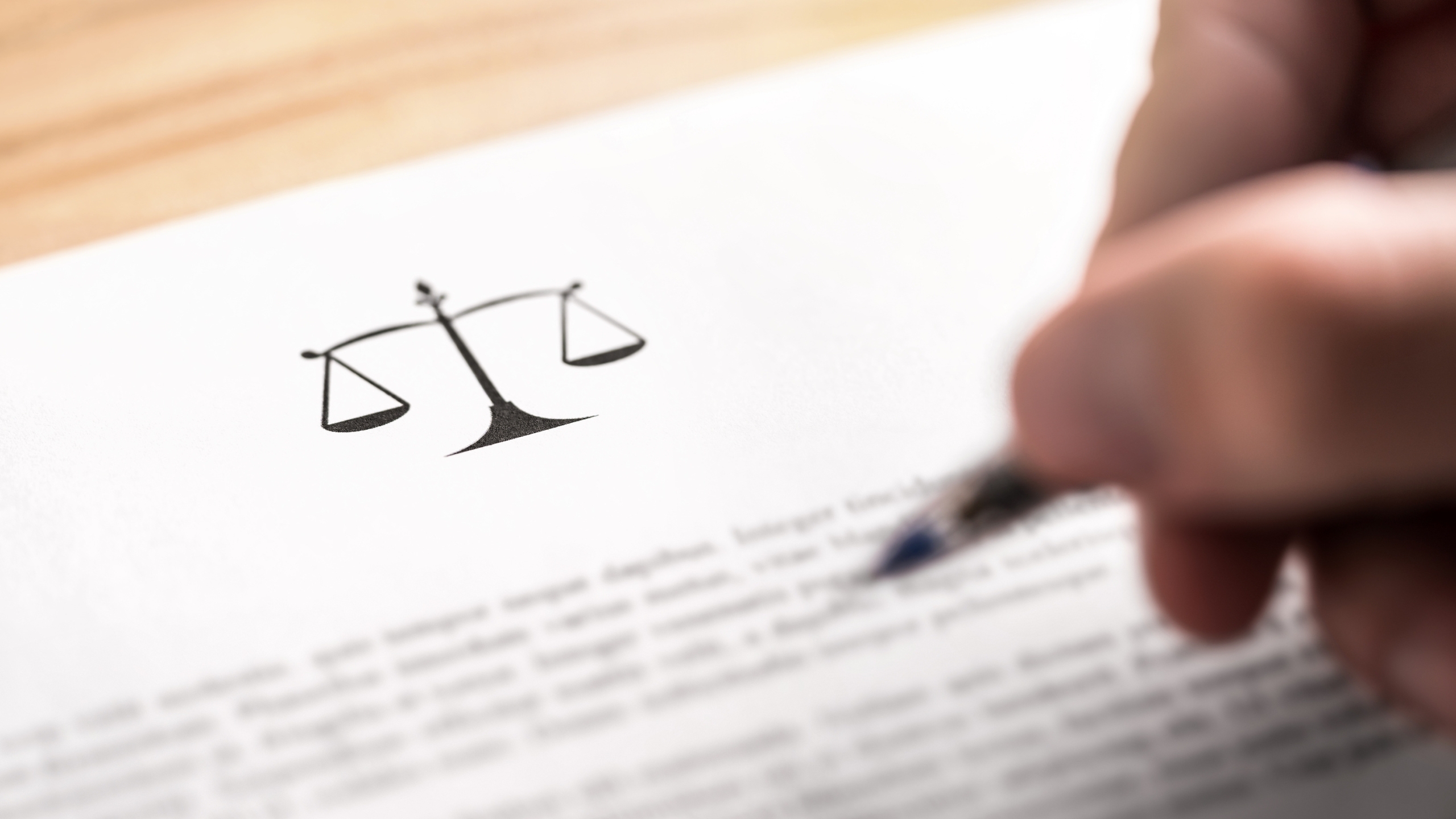State Rep. Marilyn Lands, D-Huntsville, has pre-filed a bill for the 2026 legislative session that would give everyday citizens the power to initiate general laws and constitutional amendments.
House Bill 14, self-titled as the “Alabama We The people Act,” would create a process for Alabama citizens to put forward proposals for new laws.
“This initiative will provide Alabamians with a mechanism to address issues that concern them most without being dependent on the legislative process,” Lands told APR.
A preliminary proposal would require the signatures of at least 1,000 Alabama citizens and a $1,000 filing fee to be filed with the Secretary of State. The filing fee is refundable if the proposal is adopted or enacted. The filing must be made in the name of an individual qualified elector, who would serve as the registered agent responsible for the filing. The Secretary of State would then verify the petitioner names against the voter rolls.
The registered agent may request the proposal be fully fleshed out by the Alabama Law Institute along with an official summary within 90 days of the request. Once the full proposal and summary is received by the Secretary of State, it would be published on the Secretary of State website throughout the next regular session, or at least 90 days.
The proposal would also be disseminated to lawmakers at the start of the legislative session, with the opportunity for a lawmaker to sponsor the proposal and take it through the normal legislative process.
If no lawmaker sponsors the proposal, the citizens will have one more chance to push the law out for a referendum. Once the session is over, the registered agent may begin to collect signatures for a final petition.
The final petition must be signed by qualified Alabama voters in a number that equals at least seven percent of the total votes cast for Governor in the last preceding gubernatorial general election. Each petition must contain a minimum number of signatures of qualified Alabama voters from each congressional district in the state equal to one percent of the total votes cast for Governor in the last preceding gubernatorial general election within each district.
If the petitioner succeeds in reaching this threshold, the proposal would be put in front of both houses and treated like any other piece of legislation with two important distinctions: lawmakers would not be able to alter or amend the bill and it would not require the signature of the governor. If lawmakers fail to adopt the proposal, it will automatically be placed on the next general election ballot by the Secretary of State.
The bill outlines a similar process for new constitutional amendments.
(Except for the headline, this story has not been edited by PostX News and is published from a syndicated feed.)

